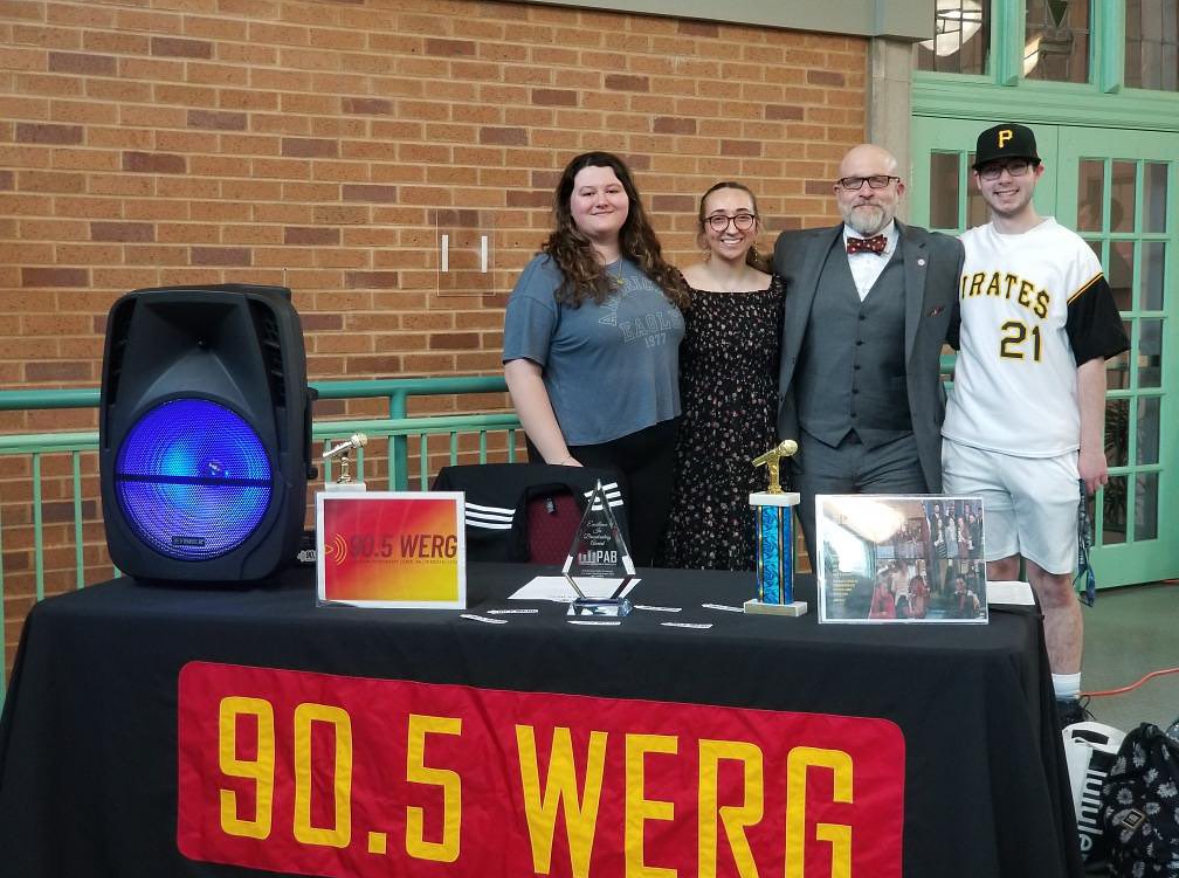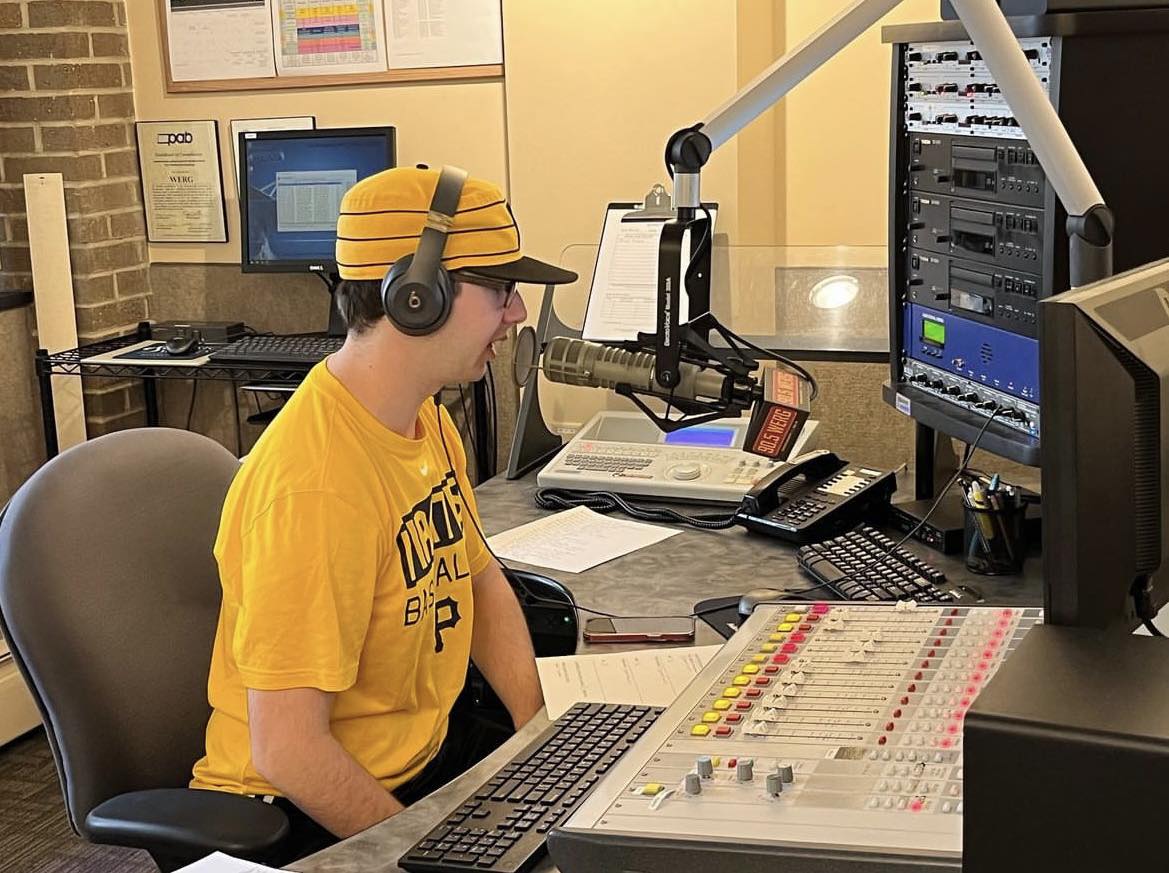Chris Dubbs’ publication on the journalists who covered World War I could not have been timed better.
After he spent two years writing it, the book just appeared last month, in time for the 100th anniversary of the U.S. entry into the war.
Dubbs, former director of grants at Gannon University, has written eight books in all. His most recent is titled, “American Journalists in the Great War: Rewriting the Rules of Reporting.”
Prior to coming to Gannon in 2005, Dubbs worked for a local research firm and before that taught writing at Penn State Behrend.
“I’m always working on a book,” Dubbs said, who retired from Gannon in 2014.
“American Journalists,” Dubbs’ second book on World War I and first on journalism, explores the challenges that American reporters faced during World War I, considering the confidentiality that surrounded military operations at the time, and what they were willing to do to get a story. Reporters sometimes had to risk their lives to get their own accounts of the war and bypass the widespread censorship across Europe.
Once the countries involved in the war realized that news coverage could be used to their advantage and become a component of the war itself, they seized the opportunity by giving “tours” of war zones to American reporters, while America still remained neutral in the early years of the war.
It was up to these reporters to paint a picture for the American people of the destruction and death the war had waged on these European countries. The scale and magnitude of World War I was unprecedented at the time, with large-scale transportation and new weaponry playing a significant role. Before the U.S. threw its hat into the ring toward the end of the war, American reporters were able to give an unbiased account of what was going on, something many European reporters failed at.
Because of the bravery and determination of some of these American reporters, Dubbs had plenty of material to sift through. The idea for “American Journalists” came to Dubbs while conducting research for his previous book, “America’s U-Boats: Terror Trophies of World War I.”
After reading hundreds of newspaper articles, memoirs and biographies from the war, Dubbs said he became fascinated with the stories of these journalists. For two years, Dubbs immersed himself in the subject, not only researching the war directly but its related topics as well, such as censorship, the peace movement and women’s suffrage.
“Having that degree of saturation in the topic allows you to write with considerable confidence and to make connections between topics that would not be obvious if I had done less research,” Dubbs said.
Dubbs said that because he began researching and writing “American Journalists” after retiring from Gannon, he was able to devote more time to it than any of his previous books. Most of the book was written in the Nash Library and Knight Tower, where Dubbs can often be found on weekday mornings typing away.
“I got to work it like a full-time job,” Dubbs said. “That was a new experience for me.”
As a Marine Corps veteran and former reporter himself, Dubbs said the topic felt like the perfect fit for him.
“I suppose that explains why I followed up “American Journalists” with the anthology of World War I journalism that will appear in 2018, and why I’m now at work on a book about women who reported World War I,” Dubbs said. “I don’t want to leave the topic.”
KYLE JOSEPH
[email protected]







